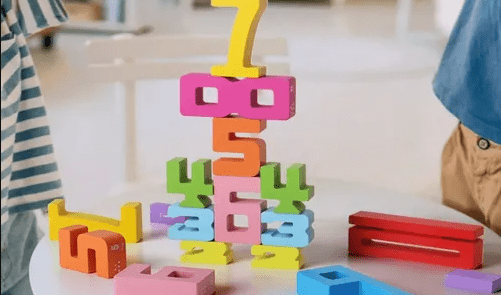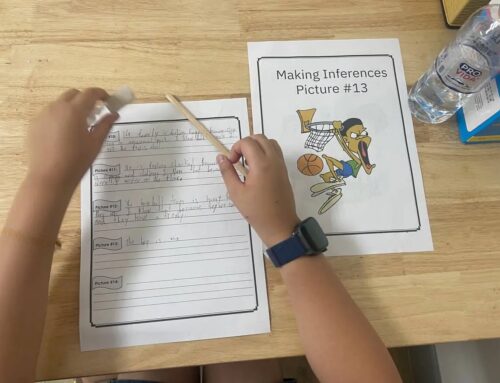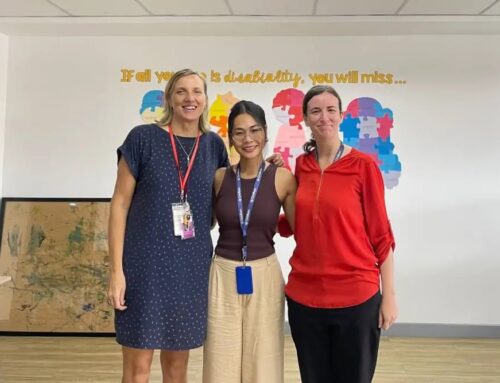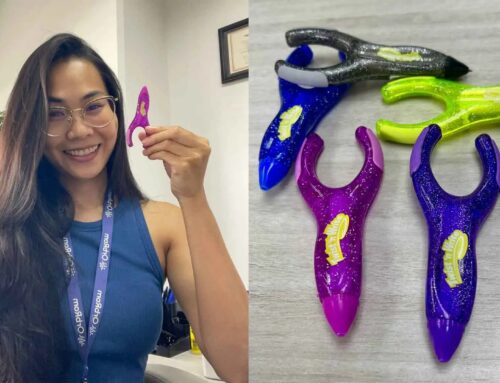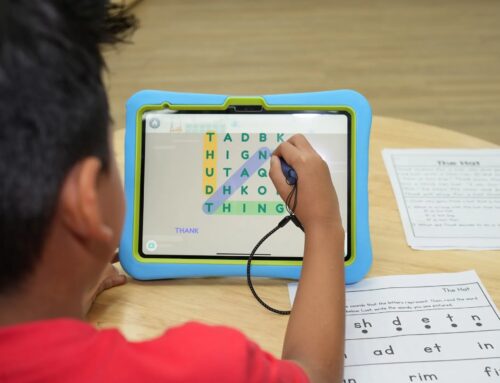[ad_1]
Short, focused play can train big skills. At OrbRom Center in Phnom Penh, Strengthening Attention Span and Persistence Through Play is a daily goal—not an afterthought. In sessions like the one you see here, children practice staying with a task, recovering from mistakes, and finishing what they start. These are executive-function muscles that help with schoolwork, self-care, and confidence.
Why play works for strengthening attention span and persistence through play
Play offers clear goals, quick feedback, and just-right challenge. Therapists set micro-targets (e.g., “one more step,” “finish the pattern”) and reinforce effort, not luck. When a child wants to stop, we model a brief reset—breathe, plan, continue—so persistence becomes a habit rather than a push. One-to-one scaffolding keeps demands optimal, which is why we often pair activities with individual attention.
What we coach during sessions
-
Goal focus: State the mission in a single sentence to limit cognitive load.
-
Chunking: Break the task into small, finishable steps.
-
Error recovery: Treat slips as information; try an alternate strategy.
-
Stamina dosing: Use short work bursts with predictable mini-breaks.
-
Growth talk: Label strategies (“You checked, then tried again”), not traits.
These principles transfer well to home and school. For math readiness, hands-on tasks build sequencing and working memory; see our ideas for number play at home and LEGO counting.
Home routines that extend gains
Parents in Phnom Penh ask how to keep momentum between sessions. Three high-impact habits:
-
Two-minute missions: A timer plus one clear goal (e.g., sort five pieces, copy three lines).
-
Visual progress bars: Show how much is left; motivation rises as the “finish line” nears.
-
Body prep before brain work: A short sensory warm-up improves regulation; try these focus-boosting sensory diet ideas.
For children with attention challenges, combine play with classroom routines. Teachers can adapt tasks using these evidence-based focus strategies and early counting activities.
How OrbRom supports your child in Phnom Penh
If attention or persistence is affecting learning, start with a structured assessment to identify strengths and gaps. Then, targeted occupational therapy sessions turn recommendations into practical routines—play plans, stamina ladders, and home carryover that fit Cambodian family life and local school expectations. Our team collaborates with parents and teachers so children practice the same strategies across settings.
The takeaway
Strengthening Attention Span and Persistence Through Play is realistic, measurable, and motivating. With purposeful games, tiny goals, and consistent coaching, children in Phnom Penh can focus longer, bounce back faster, and finish more—skills that carry into homework, friendships, and daily independence.
[ad_2]
Source link
